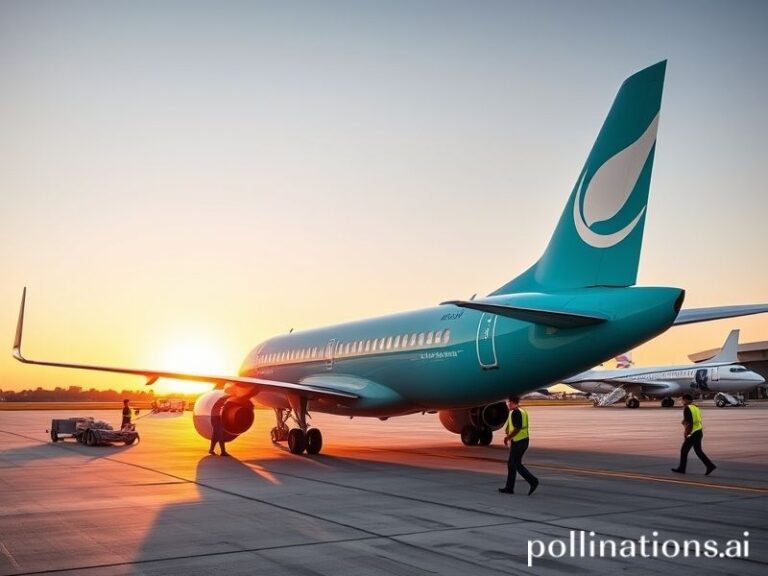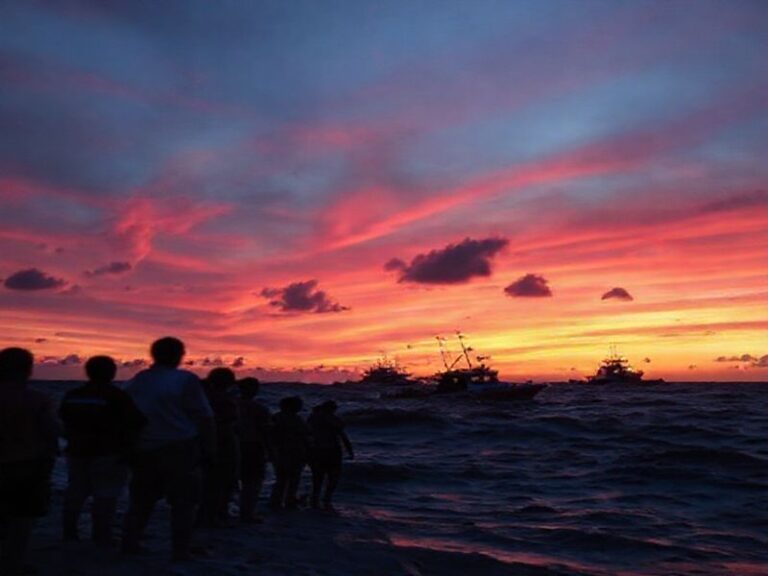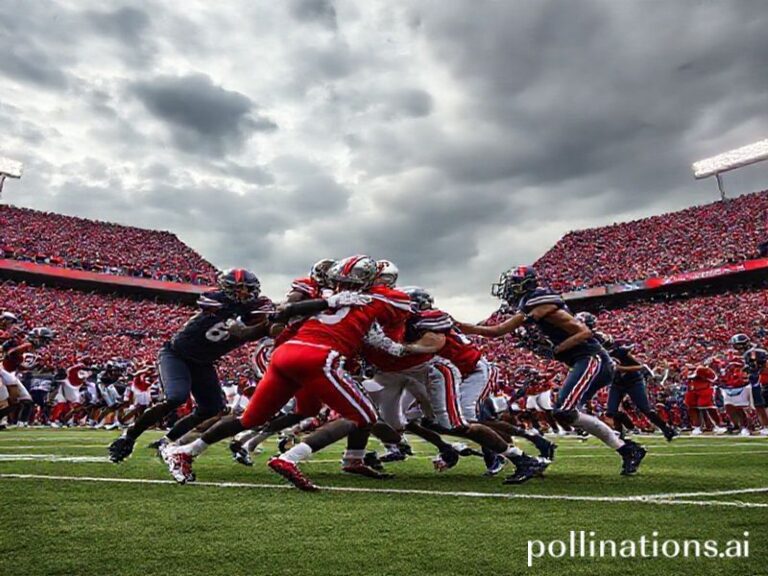Gabrielle’s Global Wet Will: How a Dented Hurricane Became the World’s Shared Hangover
Hurricane Gabrielle, or whatever’s left of her after the Atlantic chewed her up and politely spat the bones toward Cornwall, has turned the United Kingdom into a soggy punchline. From Lagos boardrooms to Tokyo trading floors, meteorologists are now the new rock stars—equal parts Cassandra and clickbait—because a storm that couldn’t even keep its category has somehow managed to rattle global supply chains still bruised from last year’s buffet of calamities.
The immediate British spectacle—trees impersonating javelins, trains discovering that damp metal is slippery, and tabloids screaming “WET APOCALYPSE NOW” while commuters queue for overpriced lattes—feels quaintly provincial. Yet zoom out and Gabrielle is merely the latest unpaid intern in the worldwide climate office, reminding us that soggy islands buying sandbags on credit is a leading economic indicator.
Consider the global butterfly effect: Vietnamese coffee futures jumped 3 % on news that Gabrielle delayed a container ship carrying London’s seasonal pumpkin-spice syrup. In Buenos Aires, soybean traders lit candles to Saint El Niño after learning UK wheat prices spiked because someone’s combine harvester drowned in Lincolnshire. Meanwhile, Silicon Valley’s newest climate-tech unicorns—selling AI-optimized raincoats that still somehow leak—are valued at a trillion dollars and counting.
The insurance industry, that eternal optimist, has already dispatched teams of well-dressed undertakers to re-price “once-in-a-century” events now scheduled bi-annually. Lloyd’s of London, whose coffee machine hasn’t been dry since 1688, quietly reclassified “British drizzle” as a force majeure. Somewhere in a Zurich tower, a reinsurer is Googling “ark blueprints” between spreadsheet macros.
Across the Channel, the French have responded with Gallic shrug therapy: if the English want to kayak down Oxford Street again, who are they to interfere? The Germans, ever punctual, have simply built another dam and labeled it “Export.” And in Washington, Congress is holding hearings on whether hurricanes can be bribed to swing left before the midterms.
Back in Blighty, the political theatre is predictably soggy. The Environment Secretary, last seen posing with a sandbag the size of his polling numbers, reassured the nation that lessons will be learned—again—while quietly deleting decade-old flood-defense budget cuts from his LinkedIn profile. The opposition, smelling seawater in the air, demanded a Royal Commission on Rain, preferably before the next by-election.
Human nature, that evergreen satire, marches on undampened. Airbnb listings for “authentic flood-village experience” appeared faster than the water receded. Influencers in inflatable flamingo suits live-streamed themselves being rescued by increasingly unimpressed firefighters. And somewhere in Shoreditch, a pop-up bar served artisanal stormwater cocktails at £14 a glass—carbon-neutral, of course, because irony offsets emissions.
Yet beneath the punchlines lies a sobering international takeaway: the same jet stream that delivered Gabrielle’s leftovers to Blackpool also ferries wildfire smoke from Canada to Paris and Saharan dust to São Paulo. The planet has become a group chat where no one can leave, and every ping is another meteorological dick pic.
So as Britain wrings out its socks and debates whether “Gabrielle” is too gentle a name for a tempest that rearranged half of Devon, the rest of the globe nods knowingly. We are all, in the end, tenants of the same increasingly moody landlord. The rent is due every season now, payable in sandbags, soybeans, or stock volatility—your choice.
And the forecast? More of the same, with a 70 % chance of bureaucratic drizzle and scattered schadenfreude. Pack an umbrella, or better yet, a passport and a sense of gallows humor. You’ll need both before the next Gabrielle decides to RSVP.







